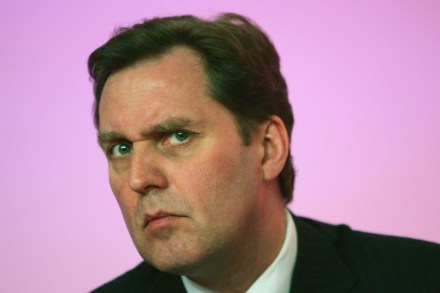Hoban wobbles in the House
Mark Hoban has just turned in a remarkably unconvincing performance at the despatch box. Summoned to the Commons to answer an urgent question from Gisela Stuart, one of the best backbenchers in the House, on what contingency planning the government was doing for a Greek default, Hoban attempted to stonewall. But Hoban’s stonewalling could only carry him so far. Strikingly, he declined several opportunities to confirm that the British government thinks that the euro will survive in its current form with all its current members. By contrast, Jack Straw was quite happy to make predictions. He told the House that ‘the euro in its current form is going



















